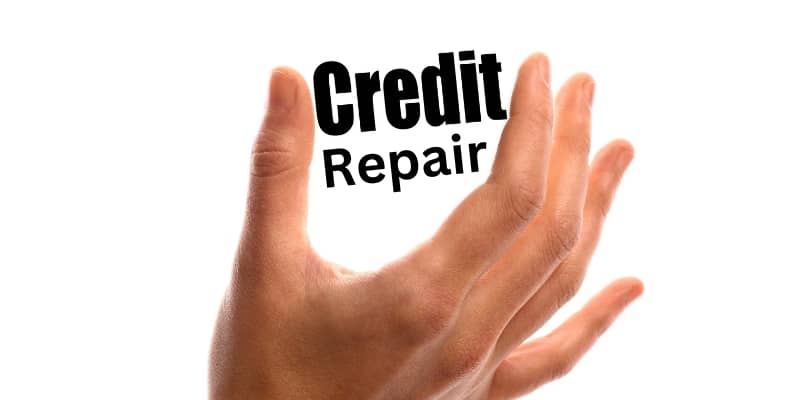It can make it difficult to qualify for loans, and get approved for credit cards, and can even lead to higher insurance rates. If your credit score is lower than you’d like, don’t worry – there are steps you can take to improve it. Credit repair is the process of identifying and fixing errors on your credit report. This can be done by yourself or with the help of a professional credit repair company. There are several ways to improve your credit score, but the most important thing is to remain patient and consistent. Keep reading to learn how to successfully repair your credit in 5 simple steps!
1: What is Credit Repair?
Credit repair is the process of identifying and fixing errors on your credit report. The overall goal of credit repair is to increase your credit score and improve your creditworthiness. To do this, you need to thoroughly review your credit report for any errors that could be bringing down your score and dispute them with the credit bureaus. In some cases, your credit score may have been impacted by negative items on your credit report that are correct. In this case, the credit repair process may involve negotiating with your creditors to have them removed or to have them replaced with more positive items. You can also work on improving your credit in the future by making on-time payments and keeping your credit balances low.
2: Know Your Credit Rights.

It’s important to understand that you have specific legal rights regarding your credit. Credit agencies are allowed to report any information about you that is true and accurate. They are also not permitted to give out any false or incomplete information. If you believe there is inaccurate information on your credit report, you have the right to challenge it and demand that it be removed. It’s important to be aware of these rights so that you can protect yourself from any potential abuse or misuse of your credit information. In addition, it is your right to be informed about any changes to your credit report. Credit agencies must notify you of any changes within many days of when they are reported, and provide you with a copy of the revised report.
3: Check Your Credit Report for Errors.
The better you understand the information on your credit reports, the easier it will be to repair any errors. You can obtain a free copy of your credit reports from each of the three main credit bureaus once a year. It is important to review these reports to check for any inaccuracies or errors. Common errors on credit reports include the incorrect date of birth, wrong occupation, and wrong addresses. It’s also important to be proactive in checking your credit reports regularly. You can set up a credit monitoring service that will alert you of any changes or updates to your credit report. This can help you identify and address any issues as soon as possible so that you can start improving your score.
4: Keep Track of Your Credit Report Changes.

As you go through the process of repairing your credit, it’s important to keep track of any changes that occur. Make sure to review your credit report regularly to get an accurate picture of your credit standing. This will allow you to detect any potential errors or changes that need to be addressed. You can also stay up to date on changes to your credit score by signing up for a credit monitoring service. This type of service will alert you of any significant changes or updates to your credit report.
5: Improving Your Credit Score
Apart from disputing errors and keeping track of your credit report, there are a few other practical steps you can take to improve your credit score. This includes making on-time payments and keeping your credit card balances low. Making on-time payments is one of the best ways to positively impact your credit score. Try to pay off your debts sooner rather than later to reduce your credit utilization ratio. This will help you improve your credit score by increasing your overall creditworthiness. It’s also important to reduce the amount of debt you owe. If your debt levels are too high, it could be hurting your credit score. Try to pay off any high-interest loans as soon as possible to improve your creditworthiness and keep your score in good standing.




